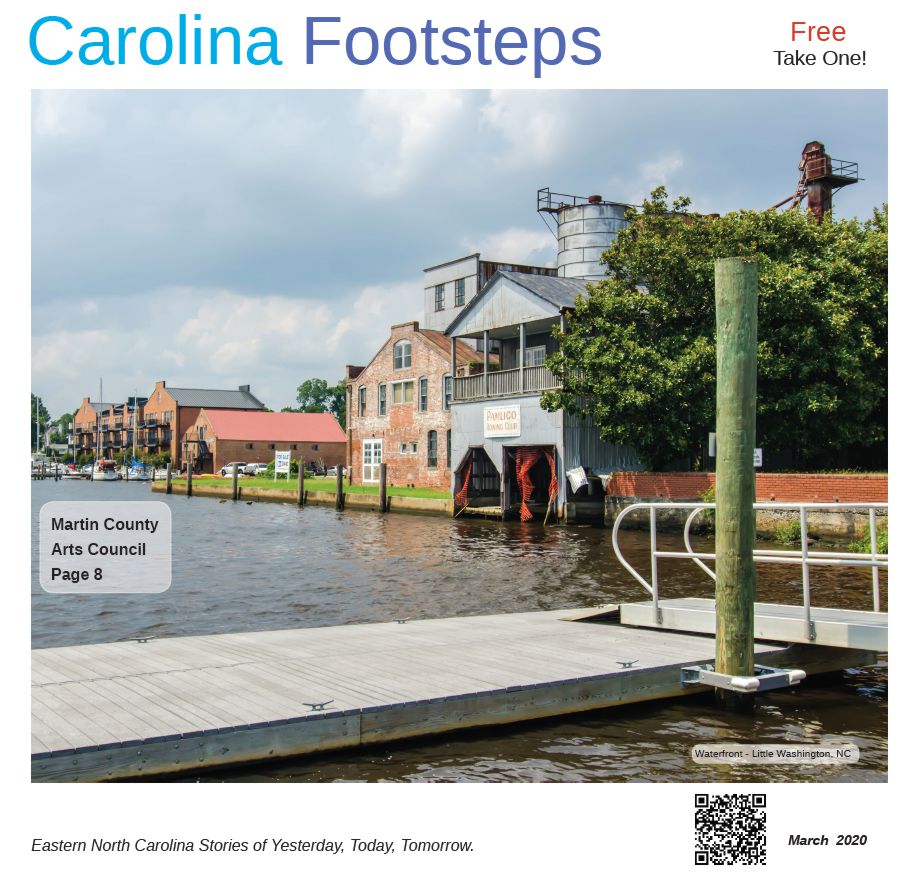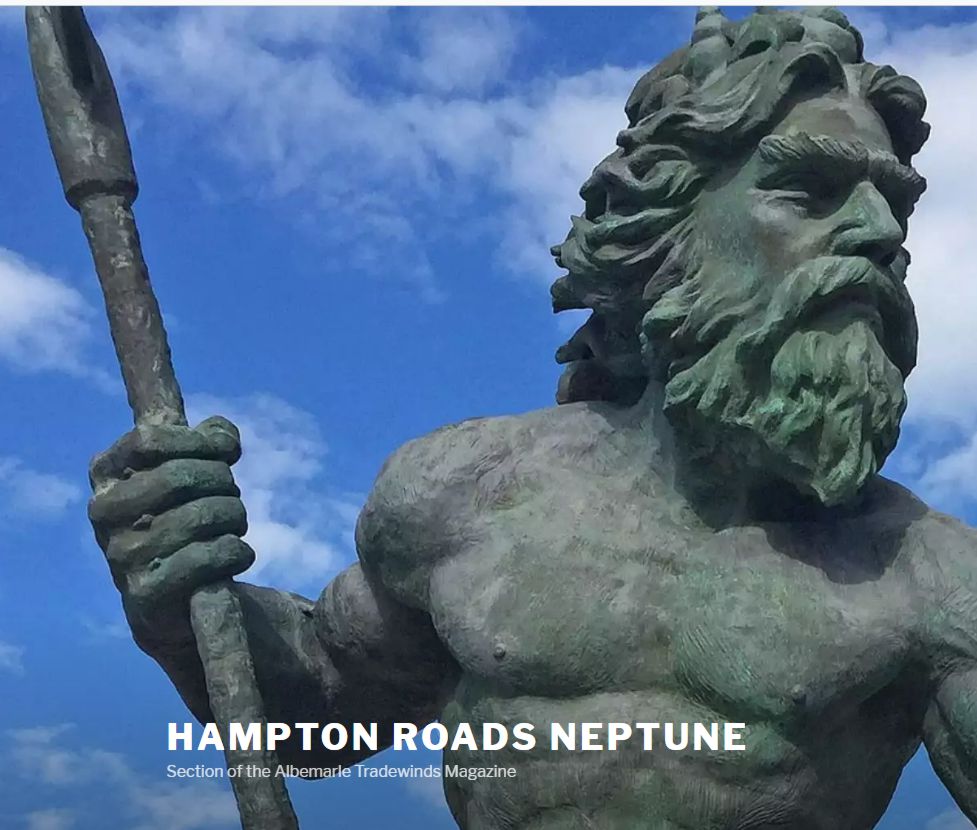Picture By: June Dunton Klag
Freemasons During The War Between The States
By DR. DAVE referencing the book house undivided Allen Roberts published by McCoy Publishing.
In the midst of The War Between The States the bitterness, hatred, and bloodshed, Freemasons through it all stood as a monument to flared and tempered passions, to brotherly love and to sound thinking and truly a house undivided. There are some men who claim they are self-made, they are in error, for without the help of God and thousands of individuals, no man can accomplish anything worthwhile. The task of this article is for: education, knowledge, and an interest to so many that are unfamiliar with the true worldwide brotherly love and to bring interested others to inquire about joining the craft of freemasonry. “JUST ASK” The question is often asked, what has freemasonry to do with the two wars for Independence in America, actually freemasonry had nothing to do with any war, yet Freemasons had much to do with these two wars in America for it was Freemasons who endeavored to prevent both struggles, and when that proved unsuccessful of all involved. Members of the craft were among the highest in
command of all armies and all wars: they held top political posts and were at the head of humanitarian agencies. Although it has been traced to the 10th century B. C., history indicates that the fraternity of Freemasons was introduced into England in 926 A.D. as an association that continues to thrive today. The brotherhood was confronted with a difficult when the War Between the States broke out in 1861. Freemasons, both northern and southern, were forced to choose a side and go against the very foundation of the society of freemasonry. Despite all their differences, masons continued to practice their principles of brotherly love and good will on the battlefield, thus proving that the men who joined the order would not, under any circumstances, sever their bonds of Masonic unity. Freemasonry is not a religion even though it is religious in character. It does not pretend to take the place of religion nor serve as a substitute for the religious beliefs of its members. Freemasonry accepts men, found to be worthy regardless of religious convictions. An essential requirement is a belief in the existence of a supreme.” TO BE ONE JUST ASK ONE” No attempt is made here in this article to analyze the various battles fought, or which side was right and which side was wrong. Both sides of The war between the states were right and both sides were wrong to an extent of all issues. It is important to research all factions of what individuals were involved and what issues were problematic. What was actually said and done is the important factor here, and not what someone claims to have said or did one hundred and fifty years later. The old adage of believe little of what you hear and read and see holds more sense. At the time communication was poor and newspapers often were unreliable of the truth and pertinent facts. During the conflict of “Lincoln’s War” over three hundred generals in Confederate and Yankee armies were Freemasons plus an unaccountable number of other officers and men.” Lincoln and Grant” were not masons some of the considered best were” Nathan Bedford Forrest, John Hunt Morgan, Henry Heth, Lewis Armistead, and James Kemper. By the end of the war there were approximately four hundred thousand members on the books. From the beginning of freemasonry to the present, masons have passed through wars, conflagrations, and persecutions. The craft has been hurt, sometimes almost extinguished, only spring back stronger than ever. During The war between the states the unity of freemasonry was still apparent .Lodges met within the sounds of guns and the din of battle. Masons wearing gray, joined hands with those in blue, in peace and harmony. The sounds of war were stilled while southern masons buried their brothers from the north and vice versa. Grand lodges from the north sent money to Grand lodges in the south to help destitute families of masons where the scenes of battle were vivid after the Yankee soldiers denigrated everything intentionally. Most masons of both sections were merciful angels about the prison camps. Churches and other organizations were torn apart, but masons had been taught toleration and helped one another. When the war was over it was freemasonry that helped to heal the wounds of ill-will and aided in bringing the south and north together. Just before the turbulent uprising which would become The war of northern aggression, it was written through the southern Grand lodge to let the three hundred thousand patriotic masons good and true of America unite in fervent prayer to our heavenly Grandmaster. All through the years of the strife that was to pit father against son, and brother against brother, Freemasons, and all other right-thinking men and women worked to prevent war. The fanatics on both sides won and all the citizens lost. After Lincoln baited the south in his 1861 inauguration speech to fire upon Fort Sumter in Charleston harbor South Carolina by sending Yankee reinforcements and ammunition along with extensive supplies to the fort after he agreed not to do so until after
sectional discussions were finalized, but his not allowing anyone to meet with a Confederate emissary commission on peace terms after they had arrived in Washington and were kept waiting being put off day after day while he was making alternate plans for a double cross to not allow the congress to become aware of his plans to initiate His plans for Fort Sumter.
which in his way was being untruthful and underhanded. In all this dishonest lying, the “not so honest Abe” Lincoln started The War of Northern Aggression (also labeled as Lincoln’s war) all these were done without congressional approval. A statement was made that Grand Lodges of Freemasons throughout the country, and masons as individuals, were doing everything within their power to bring about peace. After the situation at Fort Sumter, again without congressional approval, the “not so honest Abe “ ordered the recruitment of seventy-five thousand troops for Yankee units from southern states to fire on their brother southern states which caused the secession of the final southern states which brought the amount to thirteen. After Arkansas joined the Confederacy, and the Yankees entered there was relentless ransacking and total destruction of everything by them. The Masonic library of the Grand Master of Arkansas, General Albert Pike was saved from destruction at the hands of those underhanded and selfish
Yankees by a grand master of Iowa (a Yankee colonel), placed a guard around the library grounds and building to keep it from being burnt. From the Mississippi’s Grand Lodge a report was made: Thus throughout the length and breadth of the land, prosperity prevails. Even though now on our southern horizon overcasts of black clouds from northern political fanaticism’s, the kindly spirit which pervades our brotherhood from northern frosts to southern skies, we firmly believe its unseen influence will gradually temper these temporary waves of Yankee madness, and selfishness and make our whole country abide forever and ever, the light and admiration, the blessing of the world, when all efforts at conciliation shall have failed, our beloved order, powerful alone for good, may by a united effort throughout the length and breadth of our land, bring about that harmony which alone can save our common country. Masons and well-meaning citizens continued to hold out hope for a peaceful settlement of the difficulties
existing between the two sections of the country. A peace convention called by Virginia masons and state men met in Washington on February 4th 1861 but could accomplish nothing with the arrogant Yankee politicians. On April 9th 1861 the Confederate commissioners tried again for a peace conference , but again those arrogant Yankee state department officials in Washington refused to receive them. The cabinet of Lincoln was all for giving up fort Sumter in Charleston harbor, S.C., but on April 12th 1861 in the early morning Lincoln on his own accord sent a fleet of Yankee ships to reinforce and crisply fort Sumter , while the Confederate peace commissioners were still waiting an audience with Lincoln’s cabinet, thereby the underhanded Lincoln started the War of Northern Aggression. “ This was an era that had been a war of words had ended, and a shooting war began, thanks to Lincoln’s and Yankee’s arrogance and greed. On May 5th 1861 after the evacuation of Confederate forces , the Alexandria, Va. Lodge (the lodge which George Washington had been a charter master) was ransacked by entering Yankees and forced to disband by northern masons to form a new Yankee lodge called the union lodge after petitioning the Grand lodge of the district of Columbia for a dispensation to form such lodge. On May 27th1861 a Masonic grand master summed up the general feeling of Freemasons in connection with Lincoln’s war. Our fraternity embraces the whole in bonds of charity; as masons we know no north, no south, no east, no west; yet we know our country and brotherhood everywhere. Peace and harmony are the mission of our order. Whatever individuals may feel to be their duty as citizens, let us not forget our brotherhood. Let us remember the fraternal cord and its duties. We can do much to assuage the bitterness of the present with all men, and especially with those of our own household. May the god of love keep in harmony and brotherly love. At the first battle of Manassas, Va. (Yankee name bull run) July 21,1861, as Colonel Ray
nor of Ohio Yankee troops was being held captive in Confederate custody after being injured, one of his Confederate guards J.H. Lemon of Radford’s cavalry C.S.A. was a truly good Samaritan and mason, got some ice and pounded it up in his own handkerchief and bound it around the throbbing brow of ray nor. J.H. Lemon C.S.A. said I only hope to get the same treatment from you northern men if ever I fall into their hands, if you all will relieve the distress of a suffering brother mason when in your power, shall be well paid. This he said as he pointed to the Masonic pin on rayon’s shirt. As the Yankees were skedaddling from the field of battle at Manassas being chased by many Confederate troops it was observed of a badly injured Yankee giving the Masonic sign of distress when three Confederate soldiers stepped out of line to assist the wounded Yankee and brother mason, and care for him just another power and beauty of the Masonic tie. Also at the battle of First Manassas, Va., two days after the battle the
18th Virginia regiment commanded by Colonel Robert E. Withers ( Grand Master of Virginia 1871-1872 ) was in camp when the pickets brought in a Yankee prisoner, who was a member of the 12th new york Zouaves who stated that the colonel of his regiment was severely wounded and concealed in the woods nearby and offered when requested to do so to guide a party of soldiers to his place of concealment. A detail of men brought along a wagon to retrieve him. While conversing with Colonel Withers C.S.A.. .It was observed that the injured Yankee was colonel wood and on his bosom was a Masonic pin, being a brother in distress .He was carried to Colonel Withers tent where he was examined and cared for and later was moved to a hospital at Charlottesville, Va. Where he was more extensively cared for and made comfortable by masons there. He later stated he would never fight against the men who had so generously befriended him in his time of distress who were naturally brother masons. In the village of Hampton, Virginia the 3rd regiment of new york volunteers entered the village about one mile from Fortress Monroe, this village had been deserted by its good southern citizens a short time before the infestation of the unruly Yankees. What was found by these Yankees was the overwhelming pillage and destructive plundering by the scavenging Negroes who congregated there immediately upon the departure of the good citizens. All the property of library, government buildings stately homes and the Masonic hall, which had been there since 1759 were invaded to extremity by the scavenging Negroes . Upon the Yankees entering the village, a Yankee officer ordered the pillaging and unruly destruction to halt immediately at and around the Masonic hall with a threat of being fired upon. During the time that every building of any importance was set afire, by a stroke of luck or guidance from above the records and warrants in the Masonic hall were rescued in time and sent to the Grand Lodge of Virginia. Just previous to the battle of Shiloh,
Tennessee the 3rd Ohio Yankee cavalry invaded Lawrenceburg, Tennessee arresting all male residents of that town and took possession of all guns and other arms, while all this was occurring, a Yankee colonel riding down the street happened upon the Masonic hall and observed his men ransacking possessions of the Masonic hall. By Masonic brotherly virtues, ordered every article returned to its rightful place (whether it was all returned by the thieving Yankees is anyone’s guess ) and then a Masonic soldier was placed at the door to protect the hall from any future violations. All of these proceedings were observed by a Confederate soldier in citizen attire. After the battle of Shiloh was over, the same Yankee colonel was stationing pickets along the road, Confederate soldiers were organizing an ambush on the invading Yankee pickets. As they were approaching the same Confederate soldier who had previously observed the saving of the Masonic hall by the Yankee colonel called off the firing on the Yankee unit.
Unbeknownst to him his life was saved by a brother mason. At the same battle of Shiloh, a Yankee captain was fatally wounded and being a mason had a fine gold watch and chain sporting a Masonic breast pin, a Texas Confederate captain also a mason noticed him and his pin as he lay on the ground. He carried the Yankee captain to a tent, bound his wounds and left him water and took means to protect him and make sure he was comfortable satisfied that he would be temporally okay and went back to finish the battle as needed meaning to return after the battle was over. The battle continued through the next day and after the battle was over and the Confederates were leaving, the Texas captain returned to assist him and he had already been collected by his fellow soldiers. It was observed by one who was wounded nearby and gave an account of this occurrence, that a mason in arms against a brother mason foe could not do otherwise than protect and aid his wounded and dying opponent with such a talisman of peace intervening between them. In June of 1863, the Yankee ship by the name of the USS Albatross had been firing on the town of St. Francisville, Louisiana on the Mississippi. The captain of this boat had been in delirium for several days, on June 11th a pistol shot was heard, which turned out to be the captain taking his own life. This captain was a Mason from a Schenectady, NY lodge Even though the town was under Yankee cannon siege from the gunboats all firing was halted to perform a Masonic funeral for the Yankee captain in the same town that the Yankees were firing upon The funeral was performed by brother Masons of that Confederate town. This incident again illustrates that not even the clash of war can supplant the bonds of fraternal brotherhood. During February 1864 another Confederate prison camp was hastily thrown together at Andersonville, Georgia. It was needed to help hold the vast number of federal prisoners of war that the union refused to exchange, which in the long run killed a lot of their own men due to lack of food funds and proper medicines to handle the abundance of Yankee prisoners all caused by attrition and Yankee blockade. It was filled even before it was completed, and before it was closed in April 1865, 49,000 prisoners were confined within its boundaries. Close to 13,000 died of various diseases before it was abandoned. That prison became the subject of a controversy that still continues. A former prisoner wrote in his diary of the beneficent work of the Masonic order of Confederate prison guards who were Masons. The churches of most all denominations ignored us as wholly as if we were dumb beasts. The Masonic brotherhood of the Confederacy were the only ones who interested themselves for the humanitarian concerns of the prisoners. by securing details outside the stockade, in the cookhouse, in the commissary and elsewhere also procured for the prisoners items such as food stuffs especially vegetables which were literally beyond price. Materials were sent inside to build tents and upon the death of a federal prisoner. Burial rites according to the Masonic order to brother Masons. In one southern Yankee prison, a Confederate captain from Georgia became engaged in conversation with one of the prisoners and recognized each other as Masons. The Confederate captain asked the prisoner what he could do to render his situation more comfortable? The prisoner replied a couple of boards would be nice to build a bunk for me above ground. A couple of hours later a wagon-load of smooth pine boards was delivered to him.
A few of the atrocities upon Freemasons and their property as far as some stories are told are: In the town of Washington, North Carolina after the Yankees were run out of Plymouth, North Carolina in 1864 they ended up in Washington, N.C. through their pillaging and ransacking they came upon a Masonic lodge which they proceeded to break into and unreceptively ransack their way through the sacred hall stealing everything they laid their hands on breaking into the closet of the Masonic regalia and clothing themselves with these items proceeded to dance through the streets like a bunch of jackals until their commander who was a northern mason came upon them and instructed them to put everything back where it was and stay out of the building or be put on report. Another incident occurred in an eastern North Carolina town of Camden were the Yankees broke into the Masonic lodge there and stole the sacred Masonic emblems from there and they were not recovered and returned until after the war. Many other atrocities occurred upon Masonic properties which are not listed but still were most disrespectful.
Through the lodges of Freemasonry the thoughts were mostly all the same: As masons, we make no decision as to who is right or wrong or as to the proper course to be pursued for securing the object we have so deeply at heart. Restore peace to our unhappy country, and surely heaven will bless every faithful effort towards its accomplishment. Masonry teaches lessons for all peoples, and all times, and all epochs in history, past or future. Every Masonic principle, all its virtues, each of its benefits have been sanctified by time. In a Lodge in Missouri on December 22, 1865, even though the weather was very inclement, and a snow storm was raging the lodge being filled to capacity. Many of all present had not been available to attend the lodge in the past three years each brother plighting his faith anew, over our sacred alter, to live in the future as a society or band of friends and brothers, amongst whom no contention should ever arise. However much we may differ outside the lodge room, in our religious,
political or other views, upon assembling there, within the sacred precincts of our lodge, our feelings should be merged into the objects of Masonry. It matters not to us whether a man's religion, origin, aristocrat or plebian or political aspirations the moment he enters the lodge as a Master Mason, that moment he is equal; all are on the level, and the only strife or emulation ever allowed is, who can best himself through work and agree. The ties of brotherhood are for life. The year 1861 ended and found masonry affected little by the events that transpired since the beginning of the War of northern aggression. Masons on the field had proven their patriotism to the side on which they fought, but they also had proved that the teachings of freemasonry were more deeply lodged in their hearts than anyone would have suspected months earlier. Owing to the unsettle state of our country, and difficulties arising over which I had no control of and believing then as I believe now that Masonry did not compel or require me to risk my life in the open field before a vastly superior force of the enemy. Masonry is the daughter of peace; striving always and ever to promote conciliation and friendship, and to unite men in acts of benevolence. Throughout the Masonic world, the end of the war was greeted with quiet rejoicing. Masons were looking to the future. Little could they realize what a great future they were to help bring forth. From the Grand lodge of Texas was written and gave a graphic picture of what has happened to our country: Our entire land from the Atlantic to the Pacific, has been convulsed by a struggle, the gigantic proportions of which amaze the world. Fierce and bloody conflicts have occurred upon our soil, and between armies that, but a short time ago, regarded each other as brothers. The whole country is now but little less than one grand encampment of armed soldiery. We can only struggle on fiercely and determinedly, leaving it with the God of battles to decide the issue, and trusting faithfully in his power and his will to deliver us from tyranny. While this great contest is waging, our cherished institution, Masonry must, like all things else in our land, suffer greatly from the confusion and desolation that surrounds us. The benevolent task of Masonry has ever been to enlighten and bless, to build up and preserve what ignorance, ambition avarice and revenge combine to destroy. She has never engaged in any of the bloody conflicts and guilty wars which have caused this destruction. Startled by the alarming news of the evasion of southern lands, the shrill cry of “ To Arms! To Arms “ rang like a clarion voice throughout the southland awaking the martial spirits and patriotism of our southern people to drive back the bristling bayonets of the Yankee legions. When we pronounce the sentence of excommunication against our Yankee brethren and undertake to place them beyond the pale of recognition for other than purely Masonic reasons, we expose ourselves to like indignities at the hands of others and jeopardize the prosperity, if not the very existence of our institutions. The London Herald declared, “ The Yankee union is a nuisance among nations” and The London Times reported that the War of northern aggression had reached a point where it was a scandal to humanity and had become a war of extermination.
Freemasons During The War Between The States
 Reviewed by kensunm
on
11:00:00 AM
Rating:
Reviewed by kensunm
on
11:00:00 AM
Rating:
 Reviewed by kensunm
on
11:00:00 AM
Rating:
Reviewed by kensunm
on
11:00:00 AM
Rating:







No comments: